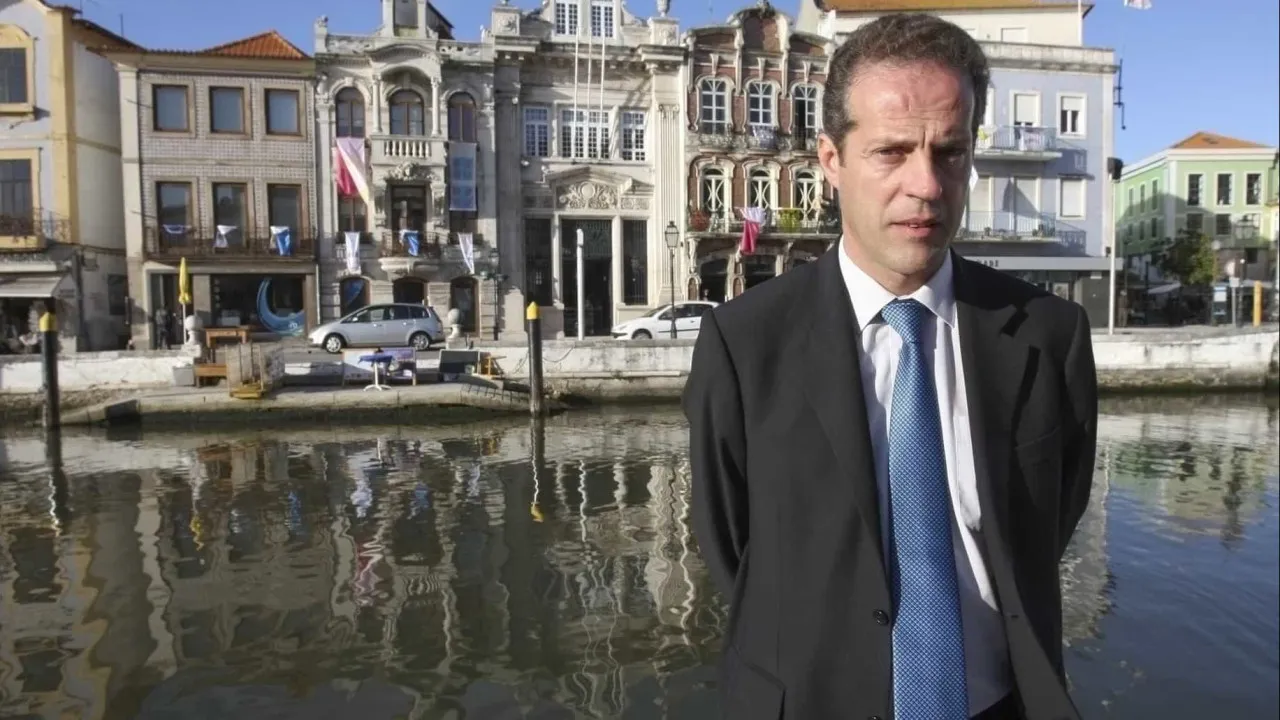
Portugal was the fourth country in the European Union with the longest working hours in 2024, with 9.2% of workers clocking 49 hours or more per week, exceeding the European average of 6.6%, according to Eurostat.
According to data released by Eurostat, 6.6% of employed individuals in the EU aged between 20 and 64 in 2024 worked long hours, defined as 49 or more hours per week.
The European statistics office noted that the percentage of workers in this situation has decreased over the years, “falling from 9.8% in 2014 and 8.4% in 2019.”
Portugal is above the EU average, ranking as the fourth country in the European Union (EU) with the highest percentage of hours worked: 9.2% of workers between 20 and 64 years old worked 49 hours or more per week last year.
Among other member states, Greece has the highest percentage of workers with long work hours (12.4%), followed by Cyprus and France.
Conversely, Bulgaria has the lowest rate (0.4%), followed by Latvia (1.0%) and Lithuania (1.4%).
According to Eurostat, the percentage of self-employed workers putting in long hours (27.5% of all self-employed workers) was higher than that of employees (3.4% of all employees).
Among various professional groups, long working hours were more common among skilled workers in agriculture, forestry, and fishing (26.2% of all workers in that professional group) and managers (21.1%).




